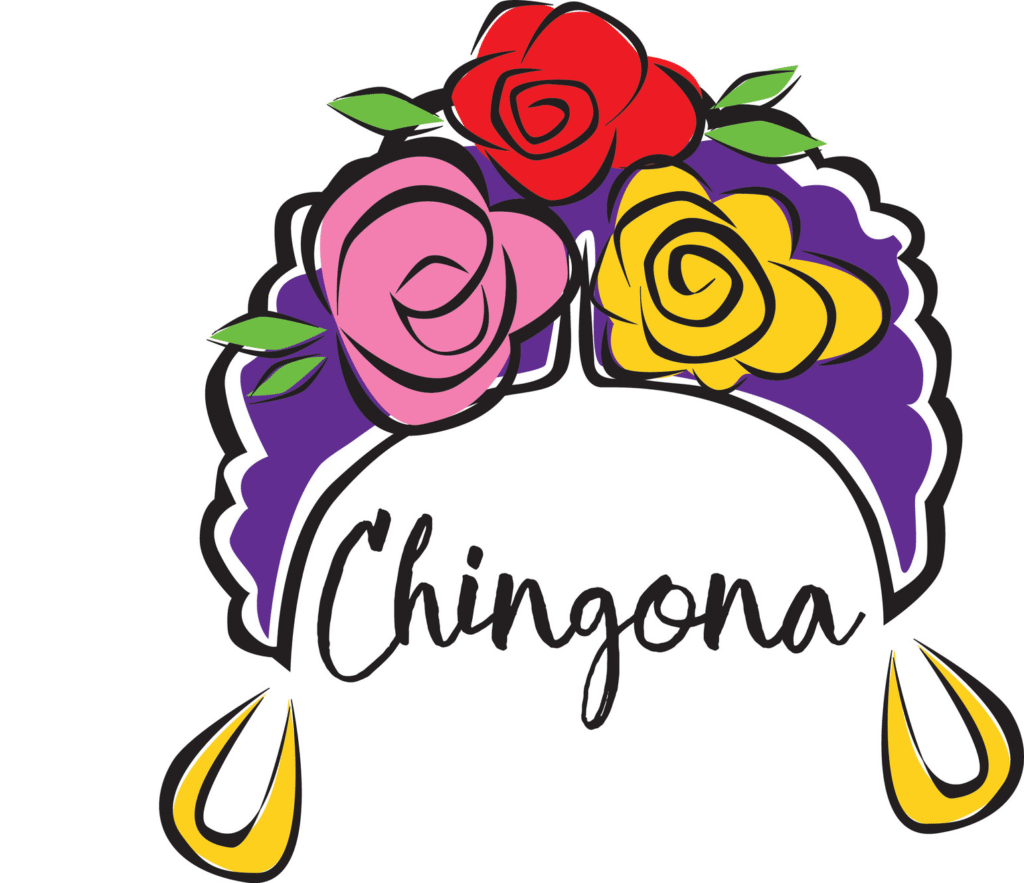Have you ever heard someone say “chingona” and wondered what it means? This powerful word has made its way into conversations, T-shirts, songs, and social media in the U.S. But what’s behind it? Is it good, bad, or something in between? Let’s break it down in simple terms so anyone—even a 10-year-old—can understand.
What Is Chingona?
The word chingona is a Spanish slang term that comes from Mexico. In simple words, it’s a way to describe a badass woman—someone strong, bold, and fearless. It’s like calling someone a “boss lady” or “queen” in English.
In Spanish, “chingona” is the feminine form of “chingón.” While chingón is used for men, chingona is specifically for women. It’s often used to admire women who are independent, confident, and don’t let anything stop them.
It’s not just a word; it’s an attitude. When someone calls a woman chingona, they mean she’s someone who can stand on her own, fight for what she believes in, and handle life’s challenges like a champion.
Where Does Chingona Come From?
The roots of chingona are deep in Mexican Spanish. It comes from the verb chingar, which has many meanings depending on how it’s used. Originally, chingar could mean “to mess up” or “to screw,” and chingón was considered a harsh or vulgar word.
Over time, though, the meaning shifted. Instead of being purely negative, people started using chingón and chingona as compliments. In many communities today, chingona has been reclaimed as a word of pride for women.
Mexican-American communities in the U.S. picked it up too. Now it’s common in states like California, Texas, Arizona, and New Mexico, where Latino culture is strong. You’ll see it in murals, Latina-owned businesses, and Instagram captions.
Why Do People Say Chingona?
So why is chingona such a popular word? It’s because it carries a powerful message. Calling a woman chingona is like saying she’s unstoppable. She’s not afraid to break the rules, take charge, and live life on her own terms.
Let’s break it down further:
A Word of Empowerment
Today, chingona is a badge of honor. It celebrates Latina women who break stereotypes and inspire others. It’s about embracing strength, courage, and independence. Many women proudly call themselves chingona to show they don’t need validation from anyone.
Brands and influencers have also embraced the term. You’ll see T-shirts saying “Soy Chingona” (I am a chingona) or coffee mugs with “Chingona vibes only.” It’s not just slang—it’s part of an empowerment movement.
From Negative to Positive
In the past, chingona could be used as an insult, implying a woman was too aggressive or rebellious. But that’s changed. Many women took back the word and flipped its meaning. Now, instead of being an insult, it’s a compliment.
It’s similar to how the word “bossy” has been reframed as a positive trait in leadership discussions. Chingona encourages women to take pride in their strength.
Everyday Use in the U.S.
In the United States, chingona is heard more and more in casual conversations, especially among Latinas. A friend might say, “You got that promotion? Girl, you’re such a chingona!” It’s also used online in hashtags like #ChingonaLife or #SoyChingona.
The word is now part of the cultural fabric in communities where English and Spanish mix daily (Spanglish). Even non-Spanish speakers recognize it thanks to pop culture.
Chingona in Pop Culture
The rise of chingona in pop culture has helped it spread beyond Spanish-speaking circles. Latina artists, authors, and influencers use it to describe themselves and their work.
Celebrities like Selena Quintanilla, Frida Kahlo, and Cardi B are often called chingonas for their fearless personalities and influence. Even though they may not use the word themselves, fans apply it as a way to honor their boldness.
Television shows, music, and movies have also embraced chingona as a symbol of empowerment. For example, in shows like Vida and Gentefied, characters talk about being chingona to inspire younger women.
Social media plays a big role too. Instagram and TikTok are full of posts celebrating chingona energy, with videos, quotes, and challenges that encourage women to live boldly.
Is Chingona a Bad Word?
This is a common question, and the answer depends on context. Technically, because chingona comes from chingar, it has roots in profanity. But today, most people don’t see it as a bad word—especially when it’s used in a positive way.
Think of it like the English word “badass.” It has a curse word in it, but when you call someone a badass, it’s meant as a huge compliment.
How to Use Chingona Correctly
If you’re thinking about using chingona, here are some simple tips:

Say It to Strong Women
Use chingona to uplift and compliment women who inspire you. For example:
- “You started your own business? You’re such a chingona!”
- “I love how chingona you are for speaking your mind.”
It’s perfect for celebrating achievements and courage.
Don’t Use It as an Insult
Avoid using chingona in a negative way. If you say it with the wrong tone, it can sound sarcastic or rude. Always use it with respect, and make sure the person receiving it understands it’s meant as praise.
Thoughts on Chingona
The word chingona shows how language evolves. What started as a slang word tied to profanity has become a symbol of strength for Latina women. It represents confidence, resilience, and the power to overcome challenges.
It’s more than just a word—it’s a mindset. In a world where women are often told to stay quiet or “act nice,” chingona says, “Be bold. Be you. Don’t apologize for your strength.”
The Bottom Line
Chingona is more than slang—it’s a celebration of powerful women everywhere. It’s about confidence, independence, and breaking barriers. While it started in Mexican Spanish, it now resonates across the United States as a word of empowerment.
Next time you hear someone called a chingona, know it’s a big compliment. It means they’re fierce, fearless, and inspiring. And if you’re living your life on your own terms? Maybe you’re a chingona too.

